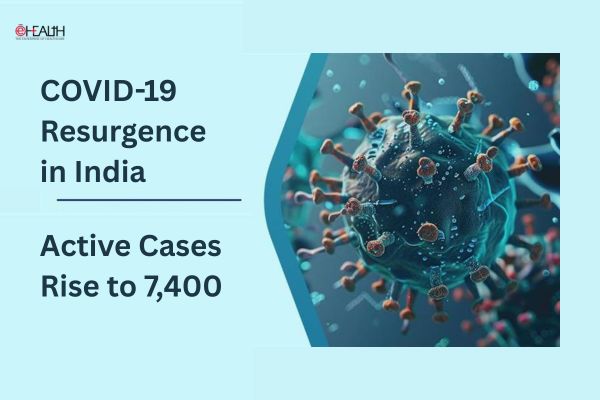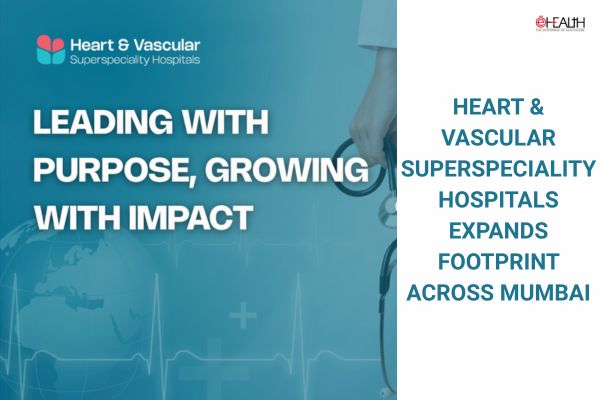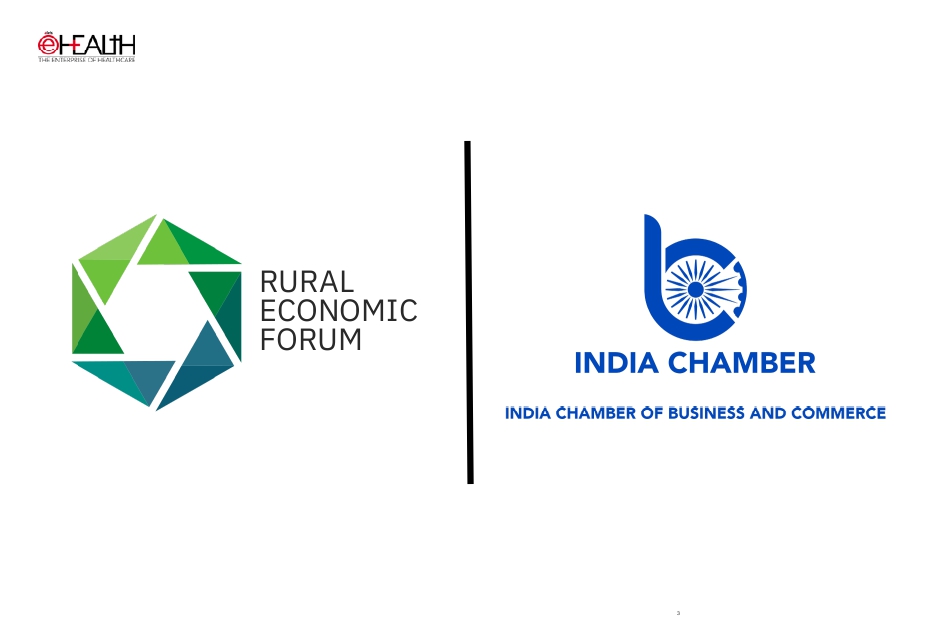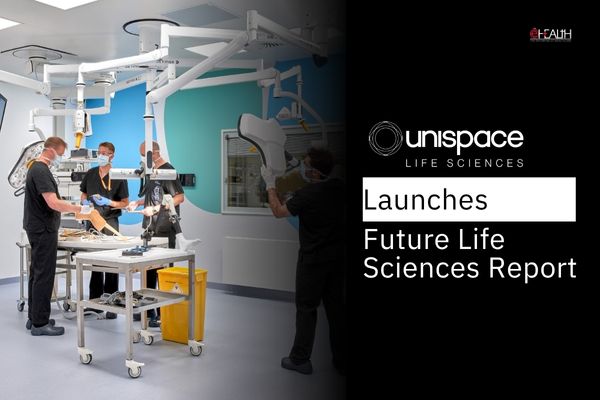
Global healthcare technology leaders Medtronic and Philips have signed a Memorandum of Understanding (MoU) in India to enhance clinician training in advanced imaging for structural heart diseases. This initiative aims to upskill over 300 cardiologists and radiologists in multi-modality imaging, particularly echocardiography (echo) and Magnetic Resonance Imaging (MRI), with a focus on benefiting End-Stage Renal Disease (ESRD) patients.
This strategic training program will combine in-depth theoretical sessions with hands-on experience using Philips’ state-of-the-art ultrasound and MRI systems. Under the guidance of renowned international and Indian experts, the workshops will be conducted at 15 key medical institutions specializing in structural heart procedures.

Mandeep Singh Kumar, Vice President and Managing Director of Medtronic India, highlighted the significance of this collaboration:

“We are excited to partner with Philips to bring this innovative training initiative to life. This collaboration represents a significant step forward in our ongoing commitment to improving patient outcomes, particularly for those with chronic kidney disease and ESRD. By providing specialized training and advanced imaging solutions, we aim to equip healthcare professionals with the tools they need to enhance the precision of TAVI (Transcatheter Aortic Valve Implantation) procedures and ultimately improve patient care.”

Bharath Sesha, Managing Director of Philips Indian Subcontinent, echoed the sentiment:

“At Philips, every effort we make is centered on providing better care for more people and this partnership with Medtronic is another step towards our goal. By focusing on innovation and education in structural heart imaging across India, we aim to address the rapid advancements in multi-modality imaging through continuous learning. Our objective is to empower clinicians with advanced techniques such as echocardiography and MRI, leading to more accurate diagnoses and improved care outcomes, especially for ESRD patients.”
Addressing the Growing Burden of ESRD in India
India witnesses approximately 2.2 lakh new cases of ESRD annually. Studies indicate that 9.5% of ESRD patients with Aortic Stenosis can significantly benefit from advanced imaging technologies during Transcatheter Aortic Valve Replacement (TAVR). This collaboration will bridge a critical gap by equipping clinicians with specialized training and cutting-edge imaging solutions to improve early diagnosis and precision in procedures.
Transforming the Healthcare Industry with Innovation and AI
Medtronic’s transcatheter aortic valve replacement (TAVR) system recently celebrated 20 years since its first-in-human procedure in 2004. Over the past two decades, Medtronic has introduced a series of revolutionary TAVR systems in India, consistently advancing the field of minimally invasive heart valve replacement and improving patient outcomes.
Philips is making a significant contribution with its AI-driven software, which analyzes aortic anatomy using data from 3D transesophageal echocardiography (3D TEE) and MRI. This technology eliminates the need for radiopaque contrast agents, which can be nephrotoxic and pose risks to kidney function in ESRD patients. By enabling clinicians to adopt alternative imaging approaches, this innovation will significantly enhance both the duration and quality of life for these patients.
Also Read :- Dr. Smita Joshi Urges PM Modi to Establish Dedicated Type-1 Diabetes Clinics Nationwide
This collaboration between Medtronic and Philips is set to create a ripple effect across the broader Indian healthcare industry. By fostering a highly skilled workforce adept in cutting-edge imaging techniques, the initiative will contribute to the following key areas:
- Enhanced Hospital Capabilities: Leading hospitals and healthcare institutions will gain access to highly trained cardiologists and radiologists, improving patient outcomes and efficiency in complex procedures such as TAVR.
- Stronger Healthcare Partnerships: The collaboration exemplifies how medical device companies and health technology leaders can work together to address skill gaps and introduce groundbreaking innovations in clinical care.
- Business Growth in Medical Imaging: The demand for multi-modality imaging solutions, AI-powered diagnostics, and minimally invasive procedures will increase, driving investment and market growth in India’s medical technology sector.
- Regulatory and Policy Advancement: As the Indian healthcare system increasingly integrates advanced imaging technologies, policymakers and regulatory bodies will be encouraged to support initiatives that promote medical innovation and training programs.
As India’s healthcare landscape evolves to meet the growing burden of cardiovascular and renal diseases, partnerships like this between Medtronic and Philips pave the way for a stronger, more skilled clinical workforce. The initiative’s focus on advanced imaging education and AI-powered solutions will revolutionize patient care, setting new benchmarks for medical training and innovation in the country.
With a clear emphasis on precision-driven healthcare solutions, this collaboration marks a significant milestone in bridging technological advancements with clinical expertise, ultimately improving patient outcomes and the future of cardiovascular care in India.
Be a part of Elets Collaborative Initiatives. Join Us for Upcoming Events and explore business opportunities. Like us on Facebook , connect with us on LinkedIn and follow us on Twitter , Instagram.
"Exciting news! Elets technomedia is now on WhatsApp Channels Subscribe today by clicking the link and stay updated with the latest insights!" Click here!
















